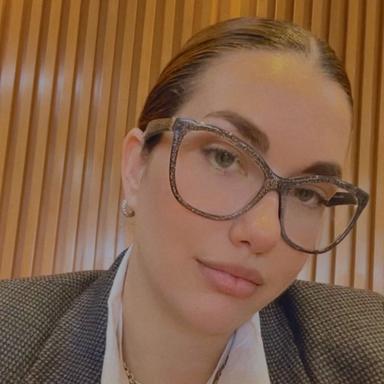Bemvenidxs estedes reader@s.
After President Alberto Fernandez thanked each “argentine” for actively participating in the 2022 census, the debate about this practice that began in the 1970s opens again.
Impulsed by a feminist criticism that sought to denounce the men's marks of the Castilian language, he highlighted hierarchies that drag the tongue and privilege the male gender. Exposing both exclusion and moral, biological and legal subordination. Despite having high diffusion, this analysis is not usually recognized for having Argentine roots. It was precisely Delia Suardíaz, the linguist author of “Sexism in the Spanish language”, the first in diagraming his problematic plots in 1973, demonstrating the absence of women in various sexist uses of the Castilian language and betting on the need for a linguistic turn.
Later, the inclusive language was involved in a new dispute related to non-binary division. Although at the beginning the visibility of the woman was sought, the second stage also seeks to visibilize sexual minorities. The questioning tries to bring to the scene variations that are irreducible to hetero-centered understanding. This political bet may have been less understood by those who criticize “todes” for a new invisibility of women. But in this analysis it is not a question of advocating the trans visibility of the rest of women, but rather of assuming the impossibility of containing through language the diversity of gender and sexuality. It is about generating fissures in linguistic conventions, through which versions of the genus change and update.
The inclusive language, through the use of the “e” morpheme gained popularity in 2018 during the public and political debate on the abortion project in Argentina. The groups that bet and defend the use of inclusive language are, especially, the feminist movement and the LGTBIQ community. In Argentina, in some schools and institutions such as the University of Buenos Aires, its use has been approved and this can be employed in official works. In turn, the government of the City of Buenos Aires authorized the use of “non-sexist language” in the administration of justice.
On the other side of the gap, the Royal Spanish Academy refuses to validate the inclusive language. Appointing both genres each time, for example “ninhos and girls” was perhaps the first inclusive language boost. As well mentions Mercedes Bengoechea, an academic at RAE, “The speakers who are not conforming to the gender representation that offers the gym, seek forms within the same normativity to express their speech”. However, this form of “dobrete” also had a negative response, since, appealing to the “language economy”, it is considered completely unnecessary. For the RAE, the problem is to confuse grammar with machismo. While their opponents raise that, being the language a direct reflection of the society of a given epoch, one cannot think as separate things.
As for the voices of linguistic specialists, there is a fairly homogeneous position on a certain social need. The Public Translator Sylvia Falchuk states that we cross a process and a movement that is already underway, because humanity is entering a post-patriarchal era. For the doctor in Semiotic Laura Abratte, there is a historical insistence on naturalizing linguistic uses and avoiding reflection. According to her, to establish a change first, one must give the debate and face the great resistance that generates the movement that erects the RAE as a voice of authority. On the other hand, the Argentine writer Claudia Piñeiro participated in the VIII International Congress of the Spanish Language, a forum for reflection on the language, developed in Córdoba in the year 2019. The problem and challenges of the language were discussed there. The novelist presented the debate in opposition to the speech of those who relay Spanish as a unitary language, and compared the detractors of the language with a gender perspective with the former conquerors. “The territory is no longer geographical, but human, today it is necessary to put the eye on women and non- binary genres,” he says.
While perhaps carrying out the most sincere conclusion, Beatriz Sarlo has “The militancy can favor these changes, but cannot impose them” in October 2018 in Babelia (Cultural Magazine of El País).
In addition to the debates that take place in the intellectual and militant environment, it is impossible to ignore the reality of ordinary citizens and see if the practices of inclusion such as this proposed auction are effective or if, after all, they are a political movement that does not bring to the reduction of inequality.


Comments